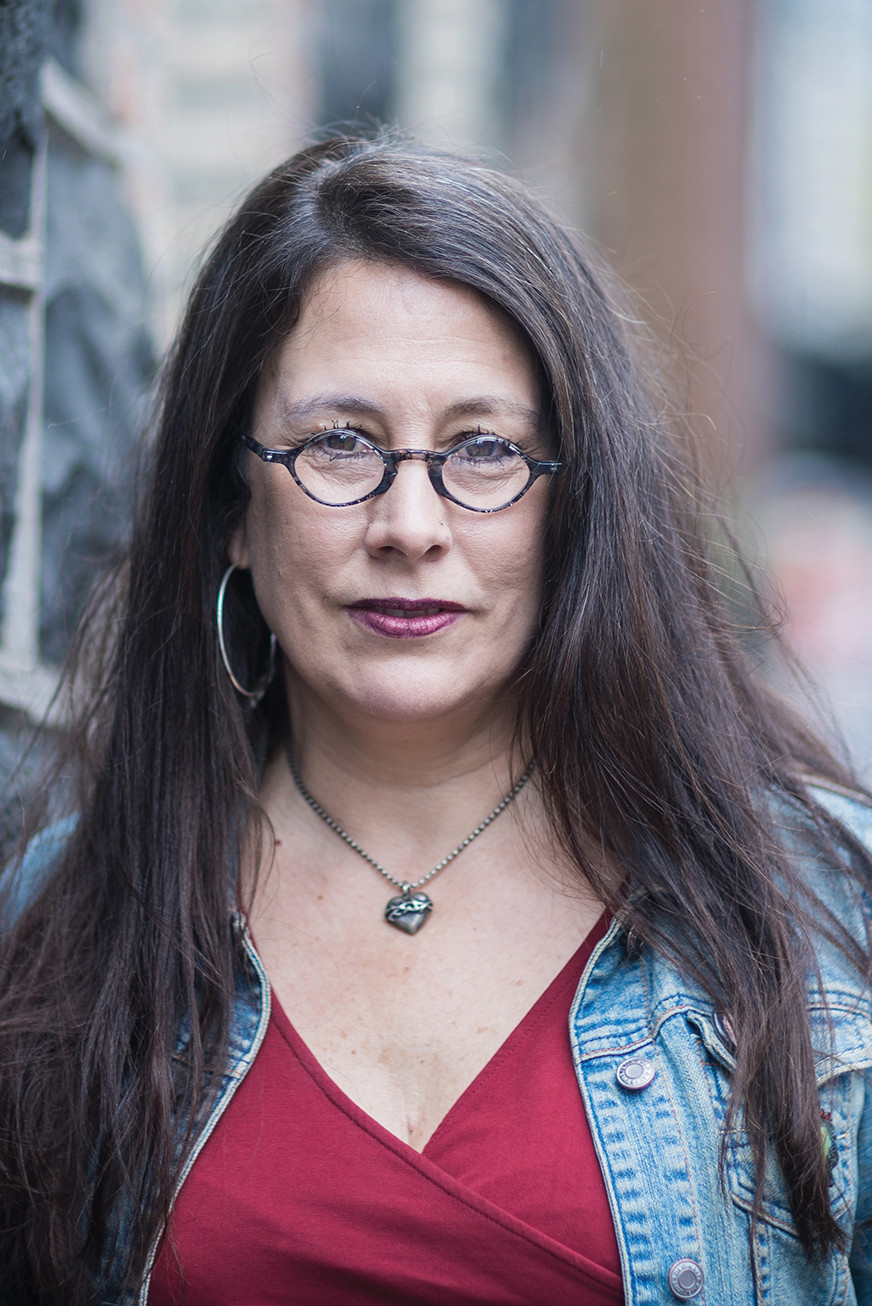Editor's note: This article belongs to our Impact Stories series in which scholars, activists, artists, policymakers, and everyday people share their experiences putting OBI's research and principles into action in their communities.
--
When we first dreamed up Oregon’s Kitchen Table thirteen years ago, I was part of a rag-tag group of community leaders that believed that Oregon could be better at responding to the needs and preferences of all Oregonians. We believed that Oregon could be a better democracy.
As in many—if not most—states, the opportunity to influence important policymaking and community decision-making was not evenly distributed. Those of us who were white, middle-class, English-speaking, college-educated, registered voters, and over the age of 18, could usually find a way to make ourselves heard in the process. Those of us who did not tick all those boxes were much less likely to be asked about our needs, values, or opinions, let alone about our policy priorities.
Eliminating that disparity became our most important work. We set out to partner with policymakers and public leaders—along with community organizations and advocates—to seek and consider the voice of every Oregonian in the decisions that affect them. But we know that one big invitation—all y’all come on down to City Hall and tell us what you think—never works. Similarly, while online tools can work well for certain people, the reach will always be limited and will skew toward those who have high-speed internet access and are literate in at least one language.
Not long after we opened our doors, we discovered the concept of targeted universalism, and we have never turned back. Though the concept was introduced as a way to frame policy proposals, we eagerly responded to its principles and adapted it to enhance and enrich community engagement. You can read more about how we went about this in my article for the National Civic Review here.
Based on the concepts at the heart of targeted universalism, we built a statewide platform for community engagement. The universal goal was to hear from every Oregonian who wanted to be heard in public decision-making. We set targeted strategies by getting out into the field and learning more about the diverse needs of our communities, along with the barriers to political and civic participation they each face. Those barriers are often unique to the circumstances of communities and individuals, based on race, class, gender identity, immigration and citizenship status, dis/ability, religion, age, language, housing status, and geography, among many others. One of the things we think about a lot is that the current system is already tilted in favor of voters, so it is important for us to particularly consider the voices of people who can't vote at all or have barriers to voting.
One example is the recent project we conducted with the Oregon Department of Education. They asked us to engage Oregonians around the "essential skills" high school graduation requirements. The issue has several equity questions at the heart of it: Who was being served by these requirements? Are they inequitably applied? Or could they be inherently inequitable? In that project, we set out to hear from a broad range of Oregonians. We conducted a survey in seven languages, held 19 community conversations around the state, and hosted dozens and dozens of smaller conversations that were done either one-on-one or in cultural or racial affinity groups. Thousands of Oregonians participated in the project, over half of whom identified as being part of a group that has not been served by traditional education, including immigrants, refugees, people with disabilities, people experiencing homelessness, and others. The work led to an almost 200-page-long report by the Department of Education which includes equity-based recommendations.
We have adapted our use of the targeted universalism approach over time, and we keep adapting it as we go along and learn more and more about our neighbors. But that work also presents the conundrum at the heart of a representative democracy. There will never be a process where a decision-maker can talk to and fully meet the needs of every single person, and yet no one person can entirely represent the interests of anyone else, despite surface similarities. As a result, someone is always missing. Every project is both a success and failure because there is no perfect in this line of work. There is only better.
Wendy Willis is the founding director of Oregon’s Kitchen Table in the National Policy Consensus Center in the Hatfield School of Government at Portland State University. She is also the Executive Director of the Deliberative Democracy Consortium, the author of These are Strange Times My Dear, as well as two books of poems, and a member of the National Civic League Board.





